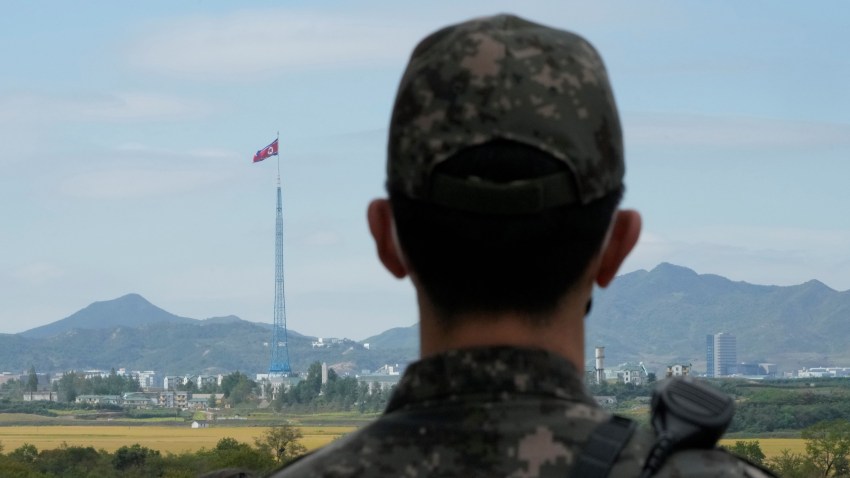This last year was one of near-constant North Korea missile testing. Dozens of launches have put the region on edge and are driving an increasingly militarized response from the North’s threatened democratic neighbors, South Korea and Japan. In South Korea, elites are debating whether or not to pursue an indigenous nuclear weapons capability with more vigor than ever in the country’s history. And Japan has just unveiled its most substantial military build-up since World War II.
China has done much to enable this state of affairs by its lackadaisical attitude toward the North’s relentless march to acquire and test nuclear weapons. It could now face the consequences in the form of a regional arms race that will also leave Beijing more exposed.
North Korea began seeking nuclear weapons in the 1950s and repeatedly asked the Soviets and Chinese for technical assistance during the Cold War. Given the Sino-Soviet competition for leadership of the communist world, North Korea was able to wring a surprising level of assistance on developing nuclear weapons out of these would-be patrons, while nonetheless avoiding becoming a satellite of either. The Soviet Union was subsequently able to pressure the North into joining the nuclear Non-Proliferation Treaty in 1985, but it is now widely suspected that Pyongyang never intended to comply.

